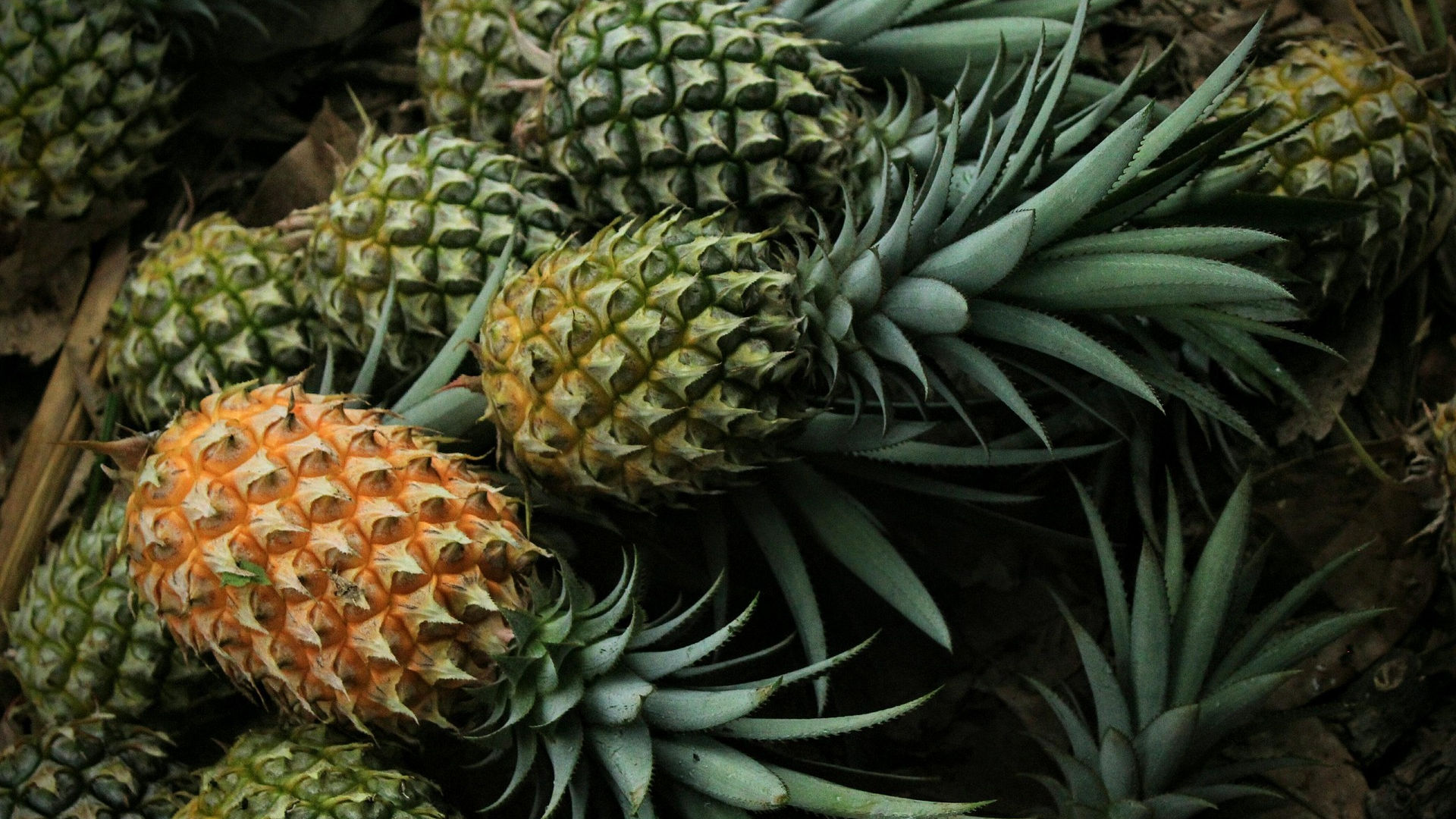Tapeworms
Tapeworms are parasitic worms that can infect the human body, causing a range of symptoms, from mild digestive discomfort to serious systemic illnesses. While intestinal infections can often be treated with medication, it's important to recognize the signs early and understand your options for care, including supportive home remedies for mild cases.
What Causes Tapeworm Infection?
Most people contract tapeworms through the ingestion of undercooked or raw meat or fish that contains tapeworm larvae or eggs. Contaminated water or food, poor hygiene, and exposure to livestock in certain environments can also increase risk.
Once inside the body, the parasite can do one of two things:
- Stay in the intestines, where it grows and absorbs nutrients, often causing digestive issues.
- Invade other organs (a condition called cysticercosis or invasive tapeworm infection), leading to the formation of cysts in tissues such as the liver, eyes, and even the brain.
Symptoms of Tapeworms
Intestinal Tapeworm Symptoms:
- Unexplained weight loss
- Abdominal pain or cramps
- Nausea or diarrhea
- Loss of appetite
- Fatigue or weakness
Invasive Tapeworm Symptoms:
- Headaches or seizures (if cysts affect the brain)
- Fever
- Lumps under the skin
- Vision changes
- Neurological symptoms
If you have neurological symptoms, changes in vision, or persistent fever, seek emergency medical attention immediately.
Medical Treatment Options
Doctors typically treat intestinal tapeworm infections with oral antiparasitic medications such as:
- Praziquantel (Biltricide) – Most commonly prescribed and highly effective.
- Albendazole (Albenza) – Often used when tapeworm cysts are present in organs.
- Niclosamide – An older, still effective treatment in some countries.
For invasive infections, especially involving the brain or eyes, surgery or prolonged antiparasitic and anti-inflammatory therapy may be needed.
When to See a Doctor
See a healthcare provider if you experience any of the following:
- Persistent digestive symptoms
- Neurological issues like seizures or confusion
- Vision changes or eye pain
- Unexplained weight loss
- Lumps under the skin
Home remedies can help manage minor cases, but professional diagnosis and treatment are crucial for full recovery and to prevent complications.
Lifestyle and Prevention Tips
- Always cook meat to safe internal temperatures: Beef (145°F), Pork (145°F), and Fish (145°F–160°F depending on species).
- Practice good hand hygiene, especially after handling raw meat or using the restroom.
- Wash fruits and vegetables thoroughly, especially when traveling or eating raw produce.
- Use clean, filtered water when traveling in areas with poor sanitation.
- Regularly deworm pets, and keep livestock in sanitary conditions.
Home Remedies for Intestinal Tapeworms
Tapeworm infections are unpleasant, but with proper treatment and support, they can be resolved effectively. Combining medical intervention with natural remedies and good hygiene practices gives the best chance for complete recovery. If you suspect an infection, consult a doctor and don’t rely on home remedies alone for serious symptoms.
While you should not attempt to treat invasive infections without medical guidance, certain home remedies can support recovery in mild intestinal infections. These should always be used in conjunction with professional care, not as a substitute.
Pumpkin Seeds
Crushed, raw pumpkin seeds contain cucurbitacin, a compound believed to paralyze tapeworms and help expel them. Mix with water or juice and drink on an empty stomach. Follow with a natural laxative, such as prune juice, to aid in elimination.
Garlic
Raw garlic has long been used for its antiparasitic and antibacterial properties. Eating 2–3 raw garlic cloves daily may help create an environment hostile to tapeworms. If raw garlic is too strong, use garlic capsules with standardized allicin content.
Pineapple
Fresh pineapple contains the enzyme bromelain, which may help break down tapeworm tissue. Eat a small bowl of fresh pineapple each morning on an empty stomach. However, those with sensitive stomachs should avoid excess consumption due to acidity.
Wormwood (Artemisia)
This herb has a history of use in treating intestinal parasites. It's available in both tea and capsule forms. Use with caution and under supervision, especially for children or pregnant individuals, as high doses can be toxic.
Papaya Seeds
Studies suggest crushed papaya seeds mixed with honey or juice may help expel tapeworms. Try blending 1 tablespoon of raw papaya seeds with a glass of warm water and drink in the morning.
Clove and Black Walnut Extract
Often used in traditional herbal protocols to cleanse parasites, these extracts may have antiparasitic effects. Use in moderation and consult with an herbalist or doctor before starting any supplement regimen.
Peppermint Tea
This soothing tea can help reduce nausea, cramping, and digestive upset. While not directly antiparasitic, it can provide symptom relief during treatment.


